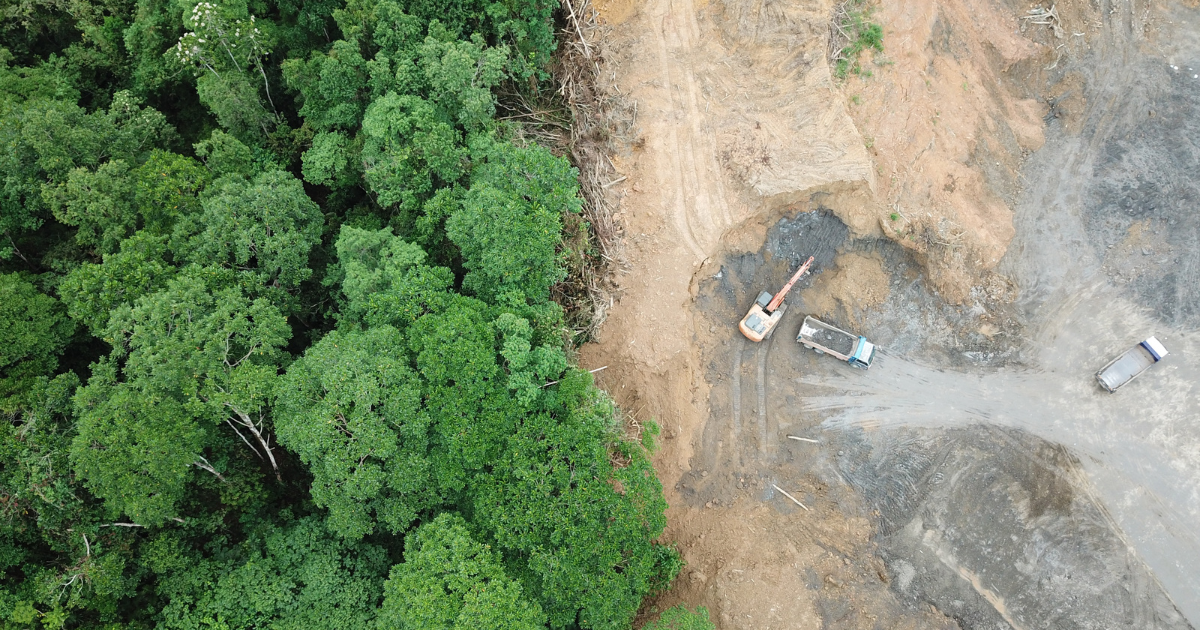Every year, the 26 July marks the “International Day for the Conservation of the Mangrove Ecosystem”. At first glance, one might question why it is necessary to commemorate this day. Actually, mangrove ecosystems have a vital and crucial role for the planet and recognising this fact can greatly contribute to their protection from human-related threats caused by anthropogenic activities.
The mangroves are forests that flourish in the river mouths and at low coasts of tropical marine areas, especially in places usually and periodically submerged by the tide or surrounded and partly submerged by salt water. A high percentage of mangroves is in the Asian continent, but we can find them also in the tropical areas of Africa and America, including in Amazonia. Moreover, the WWF considers the mangrove ecosystems as one of the fourteen major biomes present in nature, recognising mangrove forests as a peculiar and unique habitat, since it is estimated that their surface covers about 150.000 km² of the entire planet.
Speaking of the benefits they produce, these are enormous and vary even if interconnected. Since they are natural intermediators between the terrestrial and water ecosystems, their peculiar conformance and characteristics have made mangroves unique. Their roots have the ability to collect all natural debris brought by rivers to the valley that can contrast the erosion effect, since they create new portions of coasts and they can also collect all natural nutrients, such as phosphorus, potassium, azote, magnesium and other minerals for the fertility of the areas themselves and the provision of food for all the flora and fauna living nearby. They are incredibly well-known for their capacity to absorb huge quantities of CO2, from four to ten times more than terrestrial trees and to protect the surrounded areas from natural disaster events, such as storms, tropical hurricanes (monsoons), tsunami and so forth. Furthermore, when it comes to their special wood and leaves, they also protect from UV rays and they enhance the productivity of bees with the ecosystems they provide.
While they are important and powerful against climate change, they are still threatened and damaged by human activities: deforestation, shrimp farming and pollution are ones of the main factors which negatively influence these habitats. In the last 40 years, we have been facing a reduction about almost the 40% of the total coverture all around the world – especially in the areas of Central America and South Asia – and this should sound alarming and tragic for all of us. It seems quite clear how much their protection is needed against climate change and all human activities that undermine their survival and prosperity, the destruction of the environment and biodiversity. The role they constitute is extremely significant for local populations and economies.
For these reasons, NPWJ reaffirms its commitments when it comes to the protection of mangroves and this specific kind of environments. Since mangroves are well present in the Amazon rainforest, our related values still prosper and still we are continuing with the Amazonia advocacy, including all environmental defenders and activists, indigenous peoples worldwide that fight for the protection of the environment, both for people already present and for future generations.



